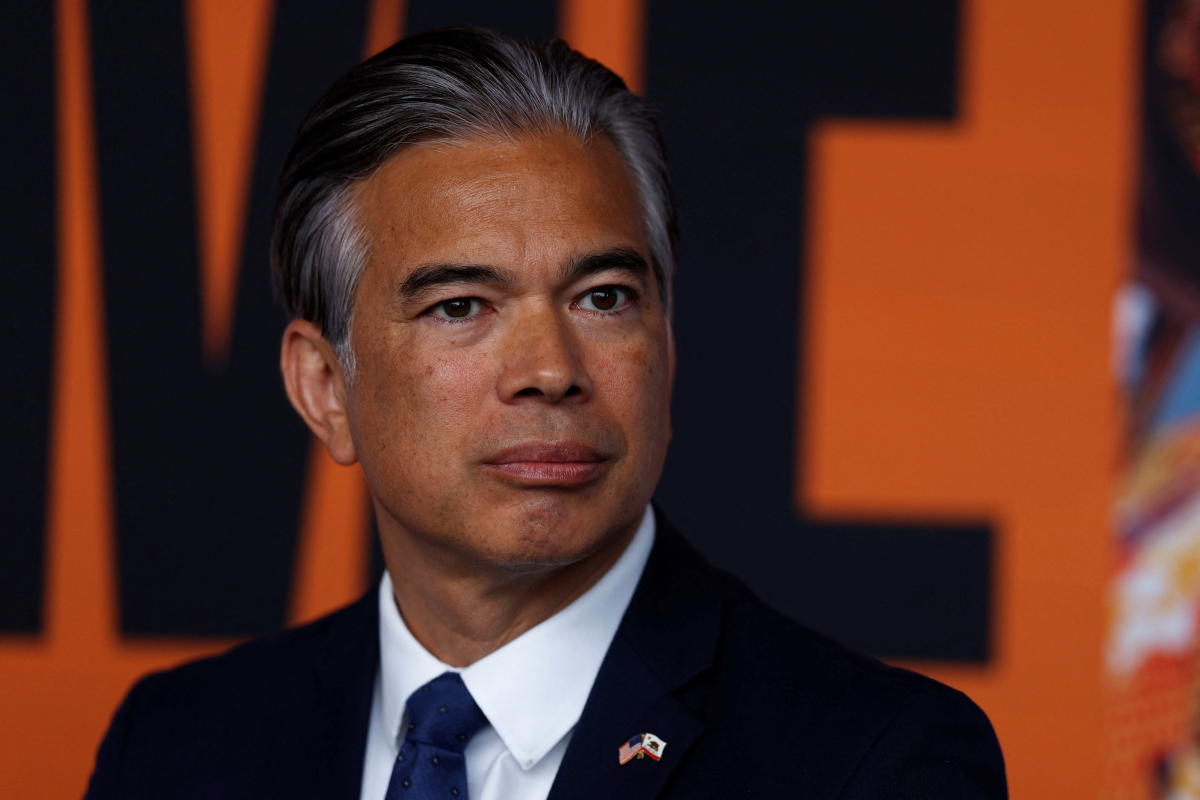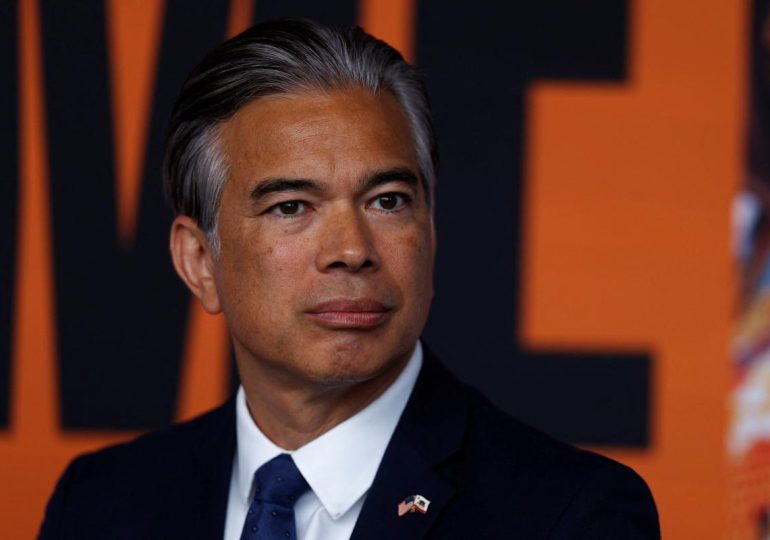
California Attorney General Rob Bonta and Assemblymember Rebecca Bauer-Kahan have proposed a new bill, AB 56, that would require social media companies to put a warning label on their platforms to disclose their mental health risks.
Citing social media platforms’ “harnessing of addictive features and harmful content for the sake of profits,” Attorney General Bonta says that consumers should have access to information about platforms that could impact their mental health. The current bill lacks detail on how much information these warning labels should have or how they should appear, but mentions the Cyberbullying Protection Act and the Online Violence Prevention Act as possible precedent for such a requirement. Those bills required social media platforms to disclose their cyberbullying reporting features in the terms of service, and clearly state whether they have a way of reporting violent posts for users and nonusers on the platform, respectively.
Bonta and Bauer-Kahan’s new bill follows an open letter signed by 42 attorneys general (Bonta included) that called for Congress to require a surgeon general’s warning label on social media. The US Surgeon General Vivek Murthy proposed the idea himself in an essay for The New York Times Opinion section in June. A surgeon general’s warning label requires congressional action to actually be put in place, but could prove effective in changing behavior in the same way it has for tobacco products, according to Murthy.
You can trace a lot of the recent commotion around children and social media to an advisory on Social Media and Youth Mental Health that the US Surgeon General published in 2023. The advisory claimed that social media could “have a profound risk of harm to the mental health and well-being of children and adolescents” and that “children and adolescents who spend more than three hours a day on social media face double the risk of mental health problems.” A warning label is unlikely to completely fix things and social media isn’t the sole cause of all children’s problems, but labels are another level that can be pulled to change things.
A wider reaching Texas bill that required social media companies block teens from seeing “harmful content” was struck down a few months ago in 2024, but requiring social media warning labels, especially given California’s legal history, seems much more feasible. Mental health impacts are just one of the risks children face online, though. According to the Federal Trade Commission, there’s still mass surveillance to deal with, too.









